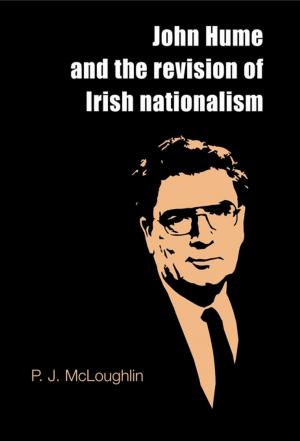Psychological socialism
The Labour Party and qualities of mind and character, 1931 to the present
Nonfiction, Entertainment, Performing Arts, Theatre, History & Criticism, Social & Cultural Studies, Political Science| Author: | Jeremy Nuttall | ISBN: | 9781847796325 |
| Publisher: | Manchester University Press | Publication: | July 19, 2013 |
| Imprint: | Manchester University Press | Language: | English |
| Author: | Jeremy Nuttall |
| ISBN: | 9781847796325 |
| Publisher: | Manchester University Press |
| Publication: | July 19, 2013 |
| Imprint: | Manchester University Press |
| Language: | English |
To Labour’s first Prime Minister, Ramsay MacDonald, socialism meant not only ‘satisfactory figures of death rates and …improved houses’ but also the ‘mental cleanliness, the moral robustness of our people.’ This book explores the neglected theme of individual character and ‘mental qualities’ in British social democratic thought and Labour Party history. How important was it for the centre-left that citizens be ‘good people’? What was the relationship between socialism and psychology in the 1930s? Did Labour’s technocratic, statist socialism of the 1950s and 1960s downgrade moral and mental progress? Why was the party often more concerned to produce a ‘rationally planned’ economy that rational, independent-minded citizens? Does New Labour represent a sidelining of ethical socialism or a re-birth of the pre-war left’s belief in improvement through education and self-control.
To Labour’s first Prime Minister, Ramsay MacDonald, socialism meant not only ‘satisfactory figures of death rates and …improved houses’ but also the ‘mental cleanliness, the moral robustness of our people.’ This book explores the neglected theme of individual character and ‘mental qualities’ in British social democratic thought and Labour Party history. How important was it for the centre-left that citizens be ‘good people’? What was the relationship between socialism and psychology in the 1930s? Did Labour’s technocratic, statist socialism of the 1950s and 1960s downgrade moral and mental progress? Why was the party often more concerned to produce a ‘rationally planned’ economy that rational, independent-minded citizens? Does New Labour represent a sidelining of ethical socialism or a re-birth of the pre-war left’s belief in improvement through education and self-control.















